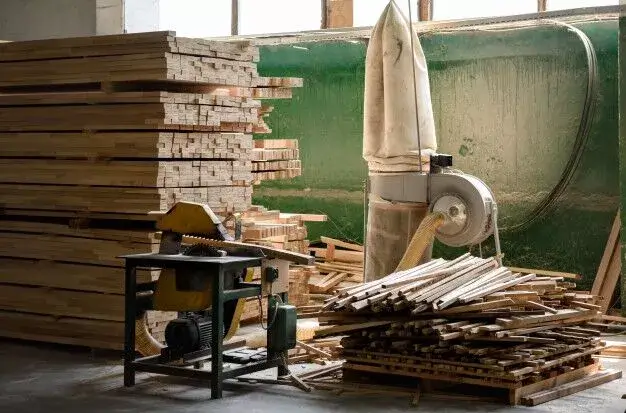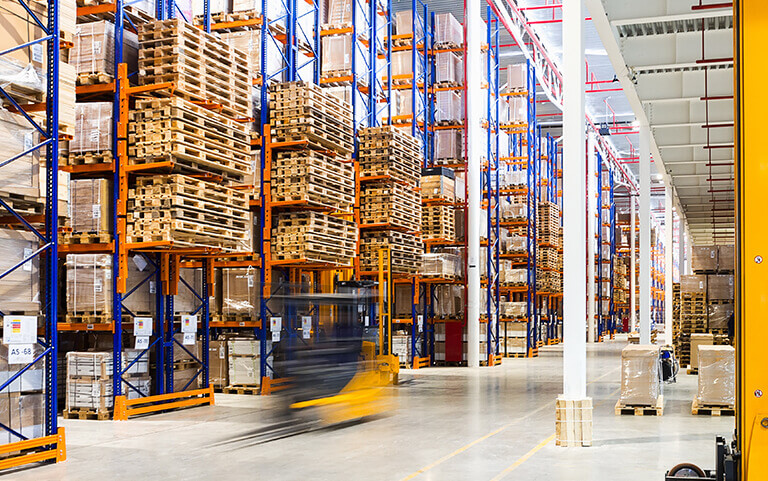Environmental Concerns in the Design and Management of Pallets
In the ever-evolving global commerce landscape, the humble pallet plays a crucial yet often overlooked role in the logistics chain. As industries strive to meet the demands of efficiency and sustainability, environmental concerns have come to the forefront in the design and management of pallets. The life cycle of a pallet, from raw material extraction to disposal, raises various environmental considerations that demand careful attention.
Also Read: What Pallet Grade is Right for You?
One of the primary concerns lies in the choice of materials for pallet construction. Opting for sustainable, certified wood sources or recycled materials helps mitigate the impact of deforestation and reduces the carbon footprint associated with pallet production. Furthermore, the design process itself has undergone a paradigm shift, with an emphasis on creating pallets that are not only durable and functional but also lightweight to minimize transportation-related emissions.
The management and disposal of pallets at the end of their life cycle present additional environmental challenges. Traditional practices of discarding pallets into landfills contribute to waste accumulation and resource depletion. To address this, the industry increasingly embraces circular economy principles, promoting pallet reuse, recycling, and upcycling. Repair and refurbishment programs have gained traction, extending the lifespan of pallets and reducing the demand for new ones. Additionally, integrating tracking and monitoring technologies enables more efficient pallet management, ensuring they are used optimally and minimizing unnecessary waste.
The pallet industry is also exploring alternative materials and innovative designs to enhance environmental sustainability further. Plastic pallets, made from recycled materials and designed for multiple uses, offer a lightweight and durable alternative to traditional wooden pallets. Moreover, collapsible or nestable pallets have gained popularity, optimizing storage space and reducing the environmental impact associated with transportation and warehousing.
The emphasis on ecological concerns in pallet design and management reflects a broader shift towards responsible and eco-friendly practices within the logistics and supply chain sectors. As businesses recognize the interconnectedness of their operations with the planet’s health, the evolution of pallet design becomes a microcosm of the more significant movement towards a more sustainable and environmentally conscious future.






